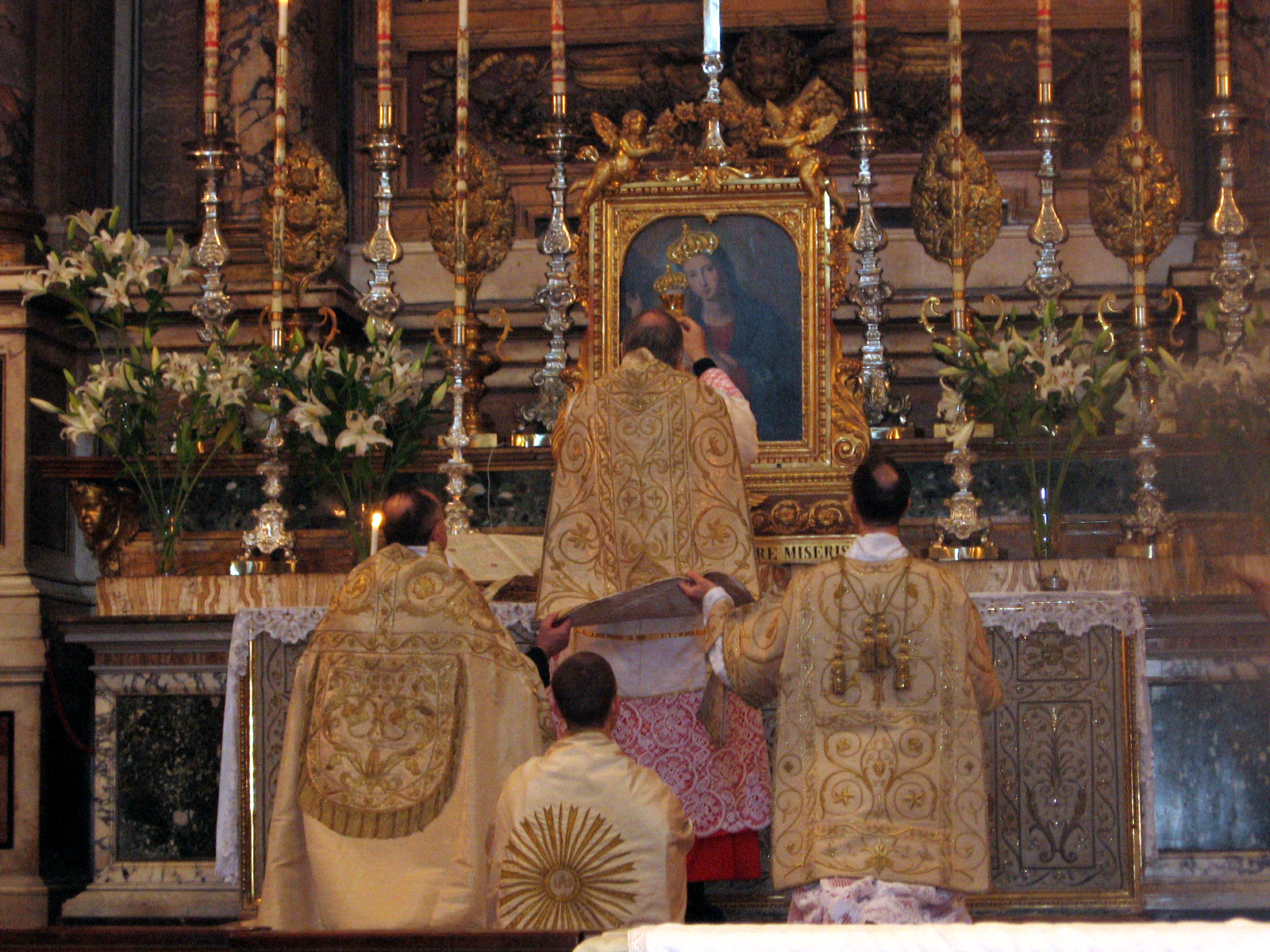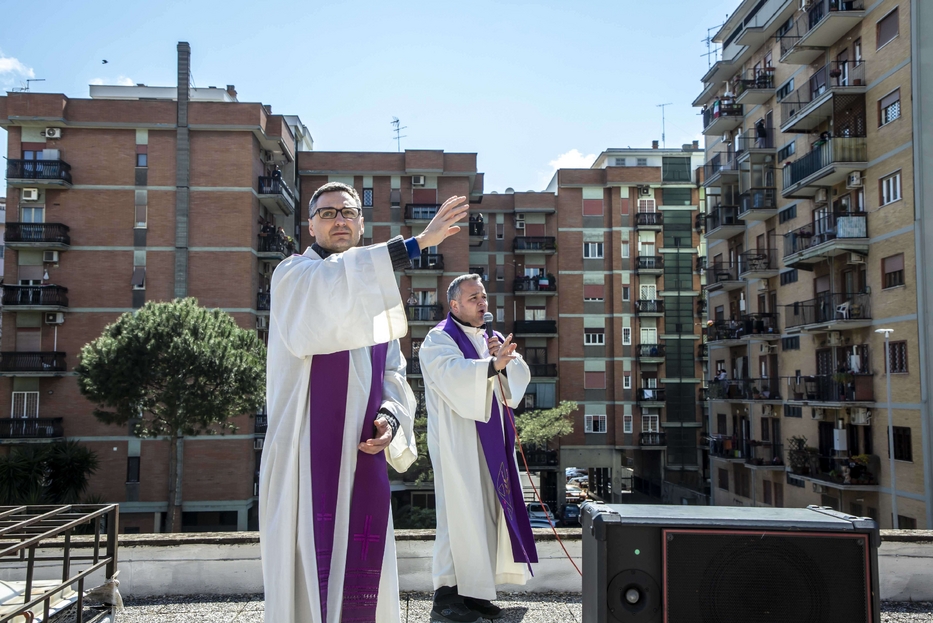By Enza Ferreri
This article was published here: Coronavirus: Live Streaming Accents Latin Mass Glory
Many Non-Catholics may not know that on 3 April 1969, under Pope Pio VI, a liturgical revolution occurred with the promulgation of a new form of Mass, known in Latin as Novus Ordo Missae (New Order of Mass), replacing the Vetus Ordo Missae, the Ancient Order.
The latter was the Tridentine Mass (named after the city of Tridentum, Trent, in north-east Italy), the form of the Eucharistic celebration promulgated by Pope Pius V in 1570 at the request of the Council of Trent during the Counter-Reformation period and maintained, with minor modifications, in subsequent editions of the Roman Missal.
Although called a “liturgical reform”, this represented a radical change of four centuries of worship. It followed and was promoted by the Second Vatican Council (Vatican II in short, 1962 - 1965), that at that time had recently been concluded and which did a lot to change the Catholic Church as had been known until then.
While the Tridentine Mass is in Latin, the universal language of the Universal Church, the new Mass is in the vernacular, the local language.
Many alterations were introduced, concerning the text and form of prayers, readings from the Scriptures, rites, use and type of music and more.
A fundamental modification concerns the orientation of the celebrating priest, previously towards the altar, and after the reform towards the congregation.
Why mention all this now?
Because the coronavirus lockdown, with the impossibility of attending Mass in person, has put me in a position to watch it live-streaming in online videos.
During the Easter Triduum I repeated that experience several times, always choosing the Ancient Rite, except once, when by mistake I watched a video of the New Mass. The close sequence of the two with a distance of a few hours between them gave me an opportunity to compare the two liturgical experiences in a way that I'd never come across before.
And I saw differences that had previously escaped me.
It’s two entirely diverse experiences.
They were both from churches in Italy, the Latin Mass from the Church of Santissima Trinità dei Pellegrini, Rome (pictured above).
One, the Tridentine Mass, worships God and the other celebrates man, reflecting the analogous change in outlook brought by Vatican II Council.
The former brings you closer to the spiritual realm.
I’m not the only one to have noticed this peculiar gift that, in all the mayhem and panic, the Covid-19 quarantine has given us. I’ve discovered that Catholic writer and philosopher Peter Kwasniewski has also published two articles about it.
The celebrant’s ad populum orientation towards the people, which may seem a way to bring everyone together as a community and increase the participation of the faithful, is not the right thing for a Mass, where priest and congregation should not look at each other and focus on one another as if it were an assembly or meeting, but instead both should look at and focus on God.
We’re not celebrating each other, we’re celebrating the Lord.
Symbols and rituals have meaning. The sense of Mystery, Sacrifice and Communion with God must be there.


